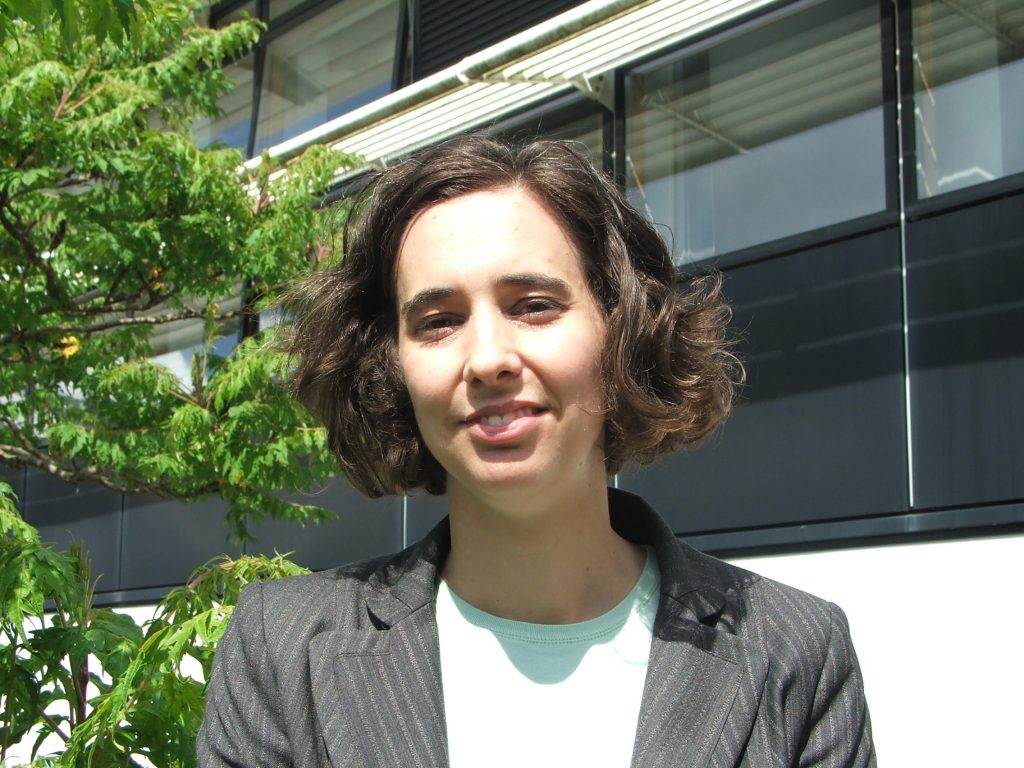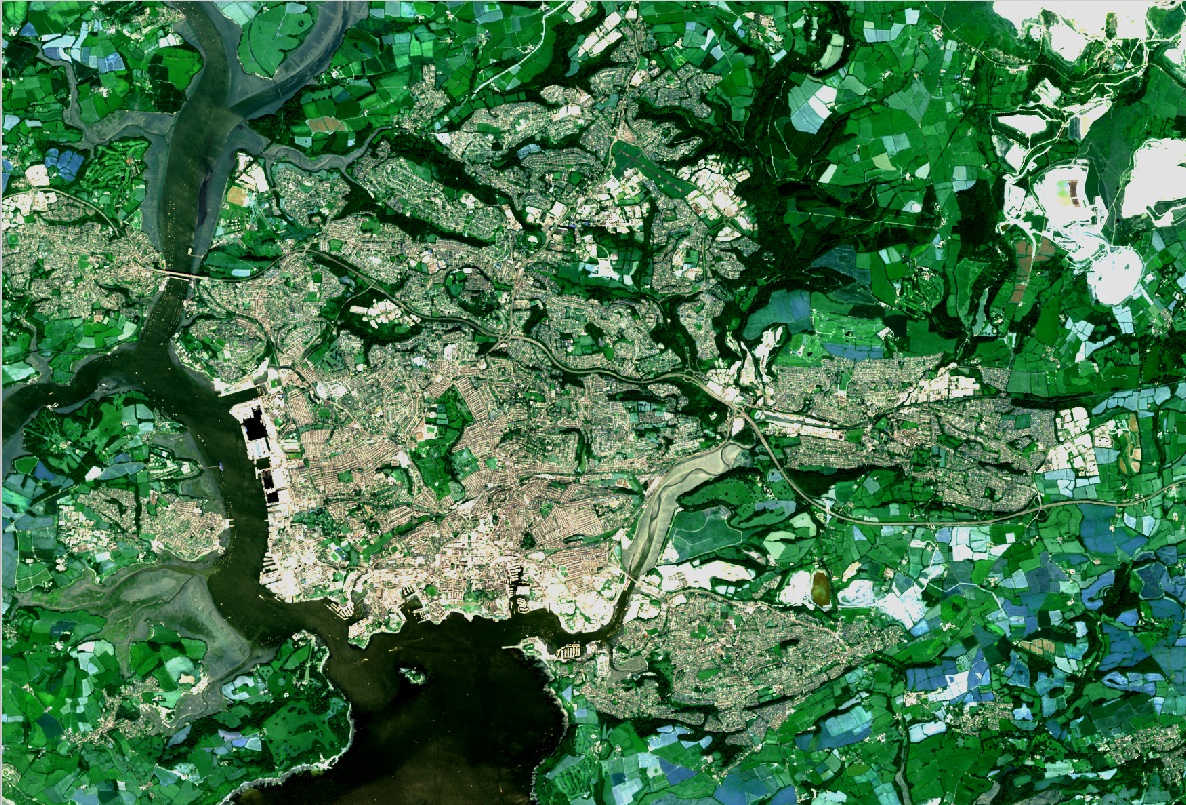What is the effect of climate change on our environment? How do we protect our forests? In what ways can we support the Sustainable Development Goals? Space-derived data is helping us answer so many of these questions about our planet’s resources and its behaviour, providing information to help service providers, public authorities and other international organisations improve our quality of life.
Pixalytics is on a mission to help maximise the potential of Earth observation data. It is driven by a desire to help answer the important questions about our planet with beliefs in research, innovation, science and education at its heart. We spoke to Dr Samantha Lavender, Managing Director of Pixalytics Ltd, to hear more about the company and its mission.

Tell us why you’re here at DataSpace
We’re actually here for the second time. We came last year and really enjoyed it. What initially attracted us to DataSpace is it didn’t look like the standard conference you go to where you tend to meet the same people, which makes it different. When we came last year, there were companies we really didn’t know a lot about. So we thought we’d come again and understand what has changed a year on.
What is Pixalytics about?
Pixalytics was set up just over 6 years ago now. It exists to try and answer questions. What I really enjoy doing is someone asking ‘can I get information about X from space-based data?’ The role Pixalytics plays is then to answer that question and if it’s possible, then work through the whole process of how to derive and supply that data to the customer. I think, for me, it’s about getting the remotely sensed data out beyond the community who normally use it because I think there are a lot of applications. But users themselves struggle to work that out as it’s often too complex a dataset. Hopefully, over time, by understanding those questions we will start producing things that people will pick up off the shelf, as well as custom-delivered products.

You’re also doing a lot of education and outreach
Before setting up companies, I used to teach remote sensing to undergraduate and postgraduate students. Through Pixalytics we’ve carried on that really because although we’d like to grow Pixalytics, it’s really about growing the industry as well, more people using remote sensing data. To do that we wrote a book that uses open source software and free-to-access data that anyone should be able to read and without having in-depth knowledge. We also accept placement students; people approach us both from the UK and wider afield and say I’d like to come and do a week at Pixalytics to figure out if I want to get a job in your industry. We find that really great.
What would you say are the main challenges in starting up? What have you found the most difficult?
I think the most difficult thing, as a small company, is revenue. It’s actually having that steady income stream, which we’ve never really achieved yet – to have some stability as a company. Literally on a daily basis, we go through ups and downs. You win things that you didn’t expect to win and lose things you thought you might win. Then you’re continually planning what you’re doing going forward and adjusting it as things go on. Someone calls you up and asks something of you then you suddenly have to do that instead. I think it’s from talking to colleagues in academia who like the idea of running a company, when I talk to them about uncertainty I think that’s what puts a lot of people off. I say things to them like ‘if you want to pay your salary you have to bring that money in each month’. In academia, you can just rely on your employer to pay you. Equally I enjoy that, where I have control and really can do things I’m interested in as long as I find someone to pay it.
Where do you see Pixalytics over the next years?
What we’re trying to do is grow Pixalytics but we’re not seeking external investment to do it. We’re trying to do it through cash flow and making profits from what we do. Last year we were only a couple of people. Now we’re about 4-6 people, depending on internships and placements. We are continually trying to grow our income stream with new ideas, and we’re trying to take what we do with projects that aren’t 100% funded and turn them into commercial services. For us, it is a continual learning process to do that.
